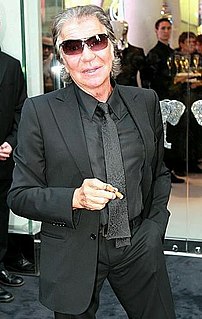A Quote by Brian Skerry
I think that most people would associate big schools of fish with healthy coral reefs. At Kingman, the predators keep the herd thin, so there aren't a lot of big fish schools.
Related Quotes
Ten percent of the big fish still remain. There are still some blue whales. There are still some krill in Antarctica. There are a few oysters in Chesapeake Bay. Half the coral reefs are still in pretty good shape, a jeweled belt around the middle of the planet. There's still time, but not a lot, to turn things around.
Wild fish are under threat of extinction because they're hunted to feed us. Yet land animals that we farm are under no threat of extinction. Shifting from hunting fish to farming fish - where the farmers have the incentive to keep their stocks healthy - could do a tremendous amount of good for wild fish.
We scientists can argue forever about important topics like slightly different flavors of vanilla ice cream. Consider the silliness of this debate: one group of scientists found a 90% decline of big fish and criticized fishery management. Some other scientists found an 80% decline and started a big argument with the 90% people. Who cares if it's 80% or 90%? The real question is whether it's OK to let fishermen take most of the big fish out of our oceans.


































